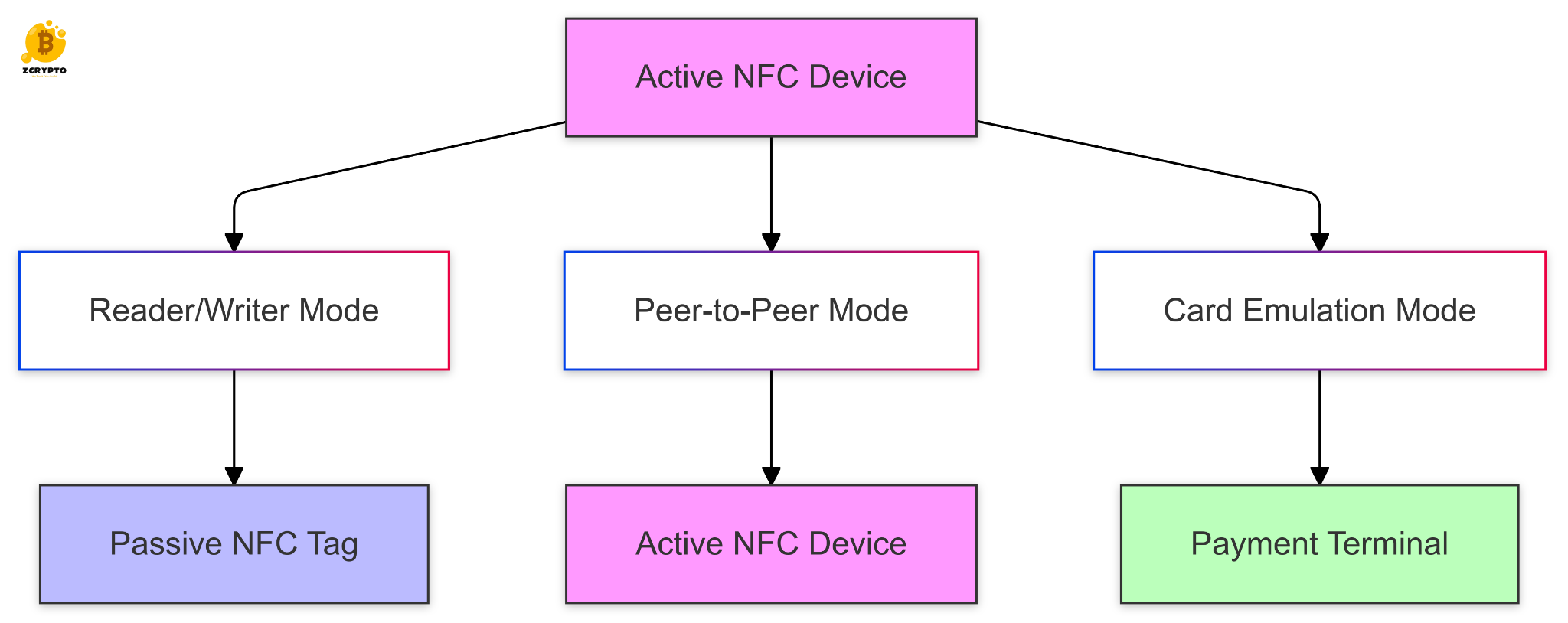When you’re in the process of buying a home, there are many terms and concepts that can seem confusing, especially if you’re a first-time buyer. One such term is earnest money, a crucial component of real estate transactions that can make or break a deal. In this article, we’ll delve into what earnest money is, how it works, its benefits, and the scenarios in which it can be refunded or forfeited.
What is Earnest Money?
Earnest money is a deposit made by a buyer to demonstrate their seriousness about purchasing a property. It’s often referred to as a “good faith deposit” because it shows the seller that the buyer is committed to completing the purchase. This deposit is typically held in an escrow account until closing, ensuring that both parties have a secure and trustworthy way to manage the funds.
How Much Earnest Money Should You Pay?
The amount of earnest money varies widely depending on several factors, including market conditions and the specific terms of the sale. Generally, earnest money deposits can range from 1% to 10% of the sales price. In highly competitive markets, buyers may need to offer higher deposits to stand out from other potential buyers and show their commitment to purchasing the property.
How Is Earnest Money Paid and Held?
Buyers can pay earnest money through various methods such as certified check, personal check, or wire transfer. Once paid, these funds are usually held in an escrow account managed by a real estate brokerage, legal firm, or title company. This ensures that the money is secure and can only be released according to the terms outlined in the contract.
Earnest Money vs. Down Payment
It’s important to differentiate between earnest money and down payment. While both are financial commitments made by the buyer, they serve different purposes. Earnest money is a smaller deposit made at the beginning of the transaction to show good faith, whereas a down payment is a larger sum paid at closing to secure financing. The good news is that earnest money can often be applied towards the down payment or closing costs at closing.
Role of Earnest Money in the Purchase Process
During the home buying process, earnest money plays a critical role. It ensures that the seller takes the property off the market while the buyer conducts inspections, appraisals, and secures financing. The contract will outline specific conditions under which the earnest money can be refunded, including contingencies for inspections and appraisals. This period allows buyers to thoroughly evaluate the property without risking their deposit unnecessarily.
Contingencies and Refund Scenarios
Buyers are protected by various contingencies that allow them to reclaim their earnest money under certain conditions. For example, if an inspection reveals serious defects or if an appraisal comes in lower than expected, buyers may be able to get their deposit back. Due diligence periods and contract terms also play a significant role in determining whether earnest money can be refunded.
When Can the Seller Keep the Earnest Money?
There are scenarios where the seller may keep the earnest money. If a buyer breaks the terms of the contract—such as missing deadlines or waiving contingencies without valid reasons—the seller can retain this deposit. Changing one’s mind without any valid reason can also result in forfeiting this amount.
Protecting Your Earnest Money Deposit
To protect your earnest money deposit, it’s crucial to ensure all terms are clearly defined in your contract. Using an escrow account managed by a reputable third party adds an extra layer of security. Understanding contract timelines and contingencies is also vital; missing deadlines or failing to meet specified conditions could lead to losing your deposit.




